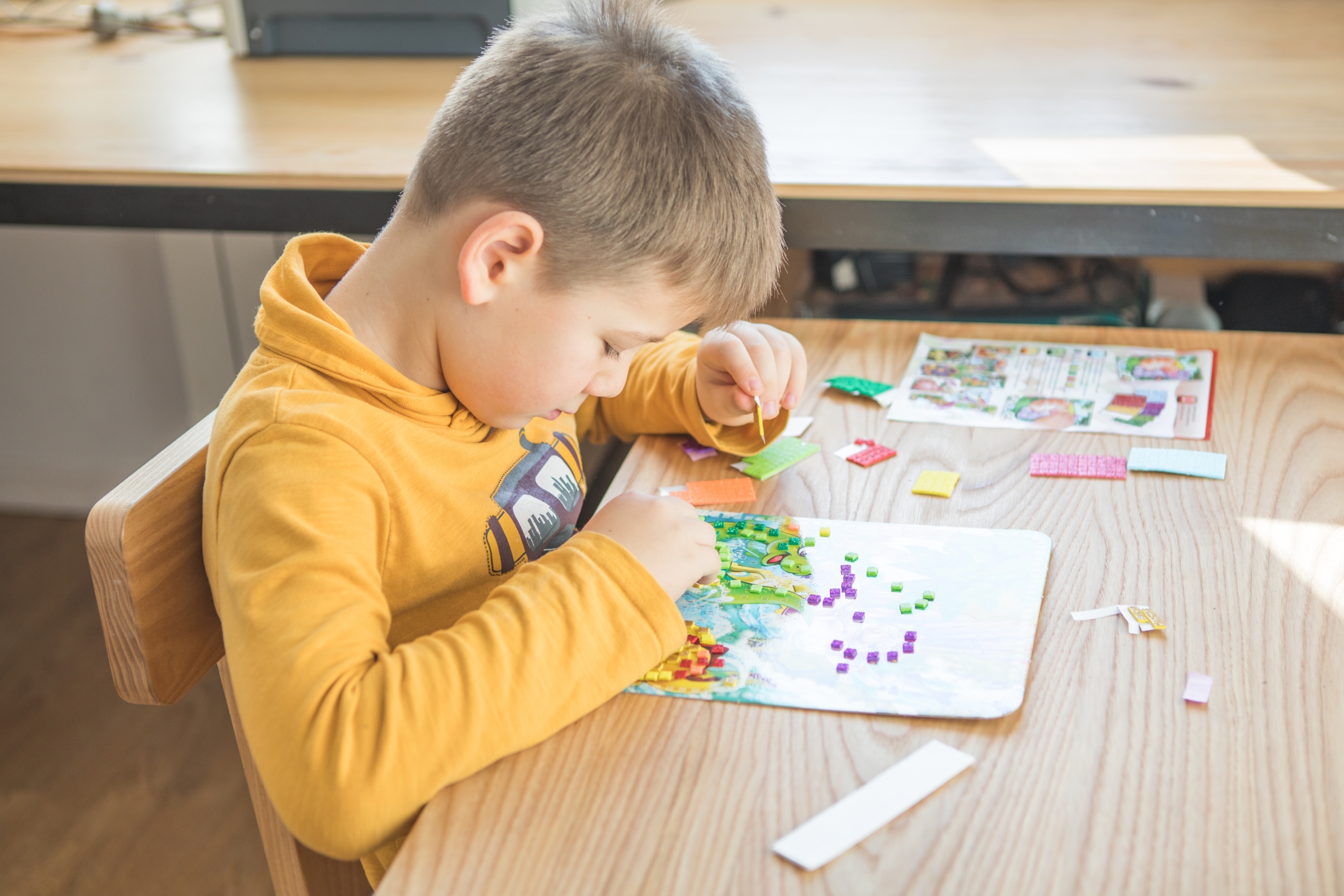After the positive response from our homeschooling tips for teenagers’ article we thought it was useful to ensure that we covered younger children too… and once again our Behaviour Outreach Support Service, whose work promotes inclusion in schools, was happy to help!

Before we start, however, it’s important to note children have different academic abilities and need different levels of support so this can be a minefield for parents or carers trying their best to support homeschooling. One of the most important things to remember is what works for you will not necessarily work for every parent or child and you shouldn’t try to turn your home into a school. Remember to keep things in perspective, and stay kind to both your child and yourself.
Some routine is good: Start and end the day at the same time every day and schedule healthy drinks and snacks throughout the day. We all learn better when we’re not hungry!
Everyone’s Unique: Always do what you think is right for your children and family, as you know best. Do not put yourself under any unnecessary pressure.
Allow Flexibility: Create your own home learning timetable to fit around your availability and what your child likes to do. If you do not work well at a certain time do not force it. For example one year 6 child said that he “likes to do the lessons that he doesn’t like first so that he ends his day on positive lessons.”
Break up your day: Schedule yourself regular breaks and do not spend too much time on a given task. An example of this could be allowing 20 minutes reading, 20 minutes of practical learning and then 20 minutes screen–free time.
“Remember to keep things in perspective, and stay kind to both your child and yourself.”
Listen to your child: Validate their emotions; it’s hard for them too. Talking, in general, is vital for both your child’s learning and mental health, so be sure to keep communication open with adults and children outside of your household.
Make it worth it: Remember to factor in some rewards for great behaviour and work.
Practical learning: Make everyday activities fun to learn by. Making a sandwich for lunch, for example, could support fractions by cutting them in halves and quarters. Everyday skills can be learnt at home too and allowing your child some time to learn in their own space can promote problem solving skills, resilience, creativity and independence.
 Get some fresh air: Go out for some exercise and a change of scenery. If possible go for a walk. You could just walk to school and back, around the block or to the end of the street and back.
Get some fresh air: Go out for some exercise and a change of scenery. If possible go for a walk. You could just walk to school and back, around the block or to the end of the street and back.
Get practical with the learning: If sitting still is a struggle for your child let them have a break. You could ask your child to count the shoes in the house, look for items in the house that start with the letter T or spotting different shapes on street signs.
Resources are there to be used: If you are busy with work at home, have a balance and let the TV support some learning, there are some fantastic packages out there from Bitesize learning to Youtube activities. Adults have responsibilities too, sometimes you might need to allow some screen learning time for your child – that’s ok!
Find out more about our BOSS service and the support it provides to promote inclusion in schools or, if you feel overwhelmed with the pressures of providing home learning you can contact our FamilyLine service for emotional support and guidance.










